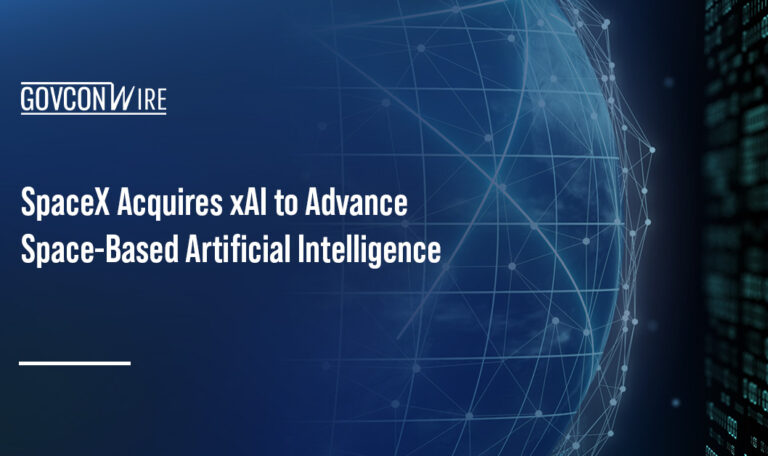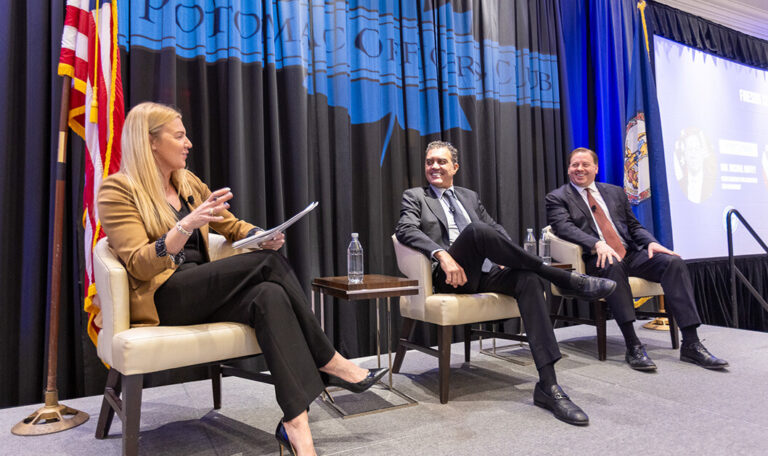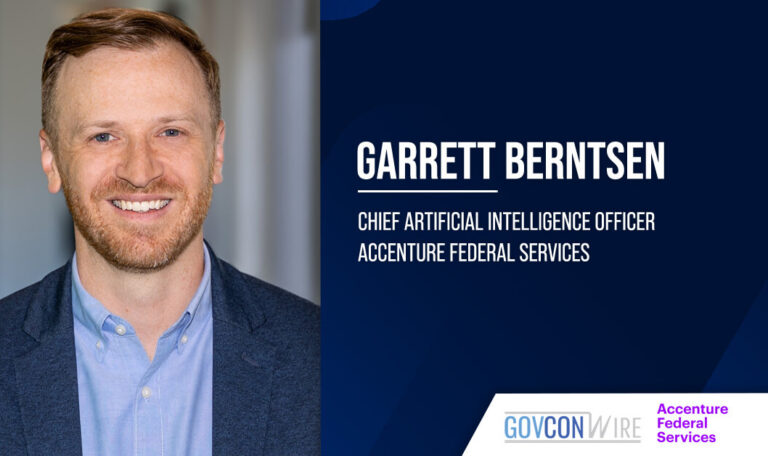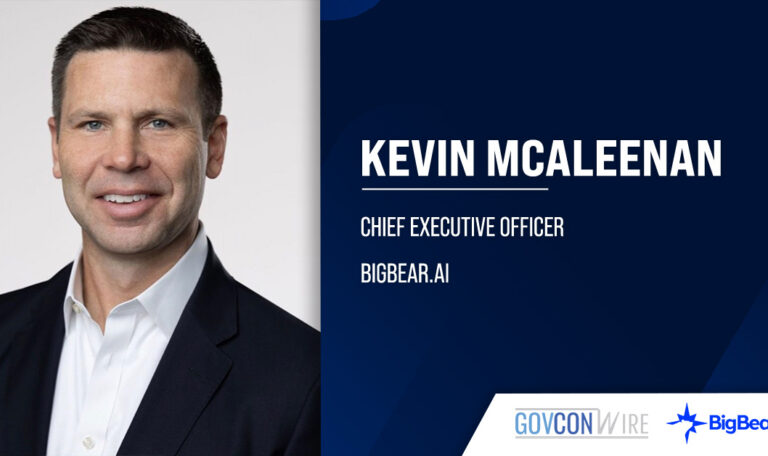With the creation of the Chief Digital and Artificial Intelligence Office by the Department of Defense in 2022, the Pentagon has signaled its intent to embrace AI technologies. Although it has yet to take such sweeping action, the U.S. intelligence community is following suit.
In the 2022 Intelligence Authorization Act — the ruling that directs and approves funding for U.S. government intelligence initiatives — Congress requested that the IC develop a plan to incorporate AI into its regular practices. The budget allocators said this should ultimately lead to the establishment of an “AI digital ecosystem.”
Last year, CIA Director of Artificial Intelligence Lakshmi Raman reported that the agency is “working toward the whole-of-agency approach” with AI.
“We want to go across collection, analysis, operations, digital innovation, S&T, acquisition, legal, finance. We want everybody to feel a part of this strategy,” Raman shared.

If you want to learn more about the use of artificial intelligence in the intelligence community, make sure to register for the Potomac Officers Club’s 4th Annual Artificial Intelligence Summit. Raman will offer IC insights during her midday keynote address.
The event will be held on Feb. 16 from 7 a.m. to 2:30 p.m. at the Hilton-McLean in Virginia. A delicious breakfast and lunch will be served.
The National Security Agency has also made inroads toward weaving AI into its everyday activities. NSA officials utilize human language technology for a host of purposes: speaker identification, machine translation of more than 90 languages, as well as speech-to-text processing. The agency additionally employs machine learning (the algorithmic application of AI to anticipate, categorize or approximate empiric-esque data) for various purposes. With ML, the agency is able to detect patterns in large quantities of signals intelligence in international web traffic; comb through news items and publicly available records and information; and provide content for reports that are used by national security lawmakers, according to WIRED Magazine.
In effect, AI and ML’s usage is seen to enable a more efficient deployment of both human spy efforts and signals intelligence collection.
James Lampton, an associate within NSA’s capabilities directorate, attested that he intends to “normalize AI” throughout the NSA.
At the CIA, Raman says the agency has acquired the services of companies like Amazon, Google, Oracle, Microsoft and IBM to assist with AI development and implementation, through the organizations’ cloud computing and infrastructure platforms.
“They offer that backbone for our officers to develop and deploy their own AI and data analytics tools when necessary. I think those managed services available via some of those cloud providers are going to be key to how we apply AI to some of our highest-priority mission problems,” Raman predicted.

Curious about more of the CIA Director of AI’s strategies and approach? Want to hear a keynote address from the Chief Digital and Artificial Intelligence Officer Craig Martell? Register now for the 4th Annual AI Summit from Potomac Officers Club.
The Feb. 16 event will be hosted from 7 a.m. – 2:30 p.m at the Hilton-McLean in Virginia and also feature panel discussions with Steven Rogers, senior scientist of AI and ML at the U.S. Air Force; Greg Singleton, chief AI officer at the Department of Health and Human Services; and Kirke Everson, principal and low code practice leader of US government and public sector at KPMG LLP, among many others.
















